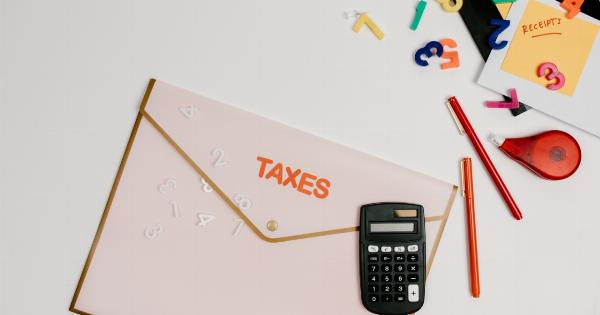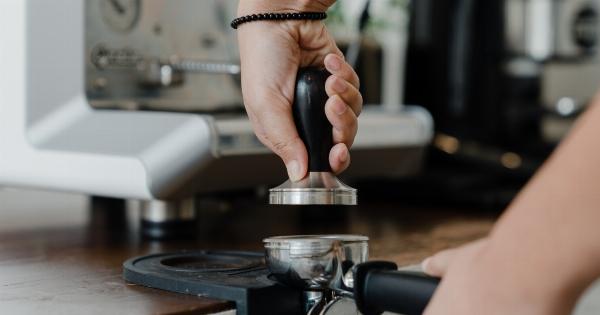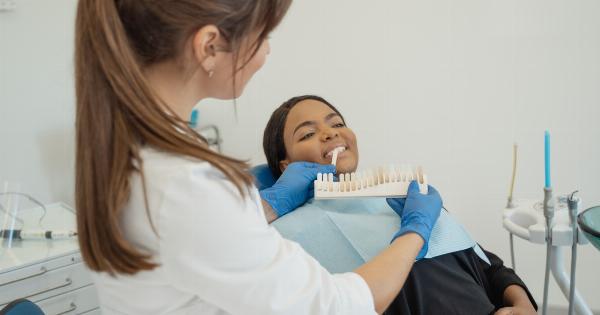Caffeine is a widely-consumed psychoactive drug that is found in coffee, tea, soda, energy drinks, and many other products.
While caffeine is often used to boost energy, increase alertness, and improve mental performance, it is also known to produce withdrawal symptoms when consumed regularly and then abruptly stopped. These symptoms can range from mild to severe and include headaches, fatigue, irritability, and difficulty concentrating.
What is the Placebo Effect?
The placebo effect is a phenomenon where a person experiences a positive health outcome after receiving an inactive substance or treatment that is believed to be active.
Placebo is derived from a Latin word that means “I shall please.” The concept of a placebo has been used by doctors for centuries to relieve patient symptoms, and it remains a highly debated topic among medical professionals.
How Does the Placebo Effect Work in Caffeine Withdrawal?
When a person experiences caffeine withdrawal symptoms, they may seek relief by using a placebo, such as a decaffeinated coffee or tea.
Research has shown that the placebo effect can produce significant improvements in symptoms such as pain, depression, and anxiety. In the case of caffeine withdrawal, the placebo effect may be due in part to the psychological and emotional benefits that a person experiences when they believe they are consuming caffeine.
For example, a person experiencing a caffeine withdrawal headache may find relief after drinking decaf coffee because the act of drinking coffee itself is associated with the ingestion of caffeine and can produce a placebo effect.
The person may believe that the decaf coffee contains caffeine, and their brain may respond in a way that produces symptom relief.
Is the Placebo Effect Strong Enough to Treat Caffeine Withdrawal Symptoms?
While the placebo effect can produce significant improvements in symptoms, it is important to note that it may not be strong enough to treat severe or long-lasting caffeine withdrawal symptoms.
For example, a person with debilitating headaches or fatigue may not find enough relief from a placebo to manage their symptoms effectively. In some cases, medication or other treatments may be necessary to manage severe caffeine withdrawal symptoms.
The Importance of Understanding the Placebo Effect in Caffeine Withdrawal
Understanding the placebo effect is important for individuals who are trying to manage caffeine withdrawal symptoms.
When a person believes that a treatment is effective, their brain releases endorphins and other chemicals that can produce symptom relief. However, it is important to note that the placebo effect may not be reliable or consistent, and it is not a substitute for medical treatment.
Furthermore, relying too heavily on a placebo for symptom relief can be problematic, as it can lead to overconsumption of products that still contain caffeine.
For example, a person may believe that decaf coffee is effective for managing caffeine withdrawal symptoms and consume large amounts of it, not realizing that it still contains a small amount of caffeine. This can lead to a cycle of caffeine consumption and withdrawal that is difficult to break.
Conclusion
The placebo effect is a powerful phenomenon that can produce significant improvements in symptoms such as pain, depression, and anxiety.
When it comes to caffeine withdrawal, the placebo effect can be useful for managing mild to moderate symptoms, but it may not be strong enough to treat severe symptoms. It is essential for individuals to understand the limitations of the placebo effect and to seek medical treatment when necessary.



























